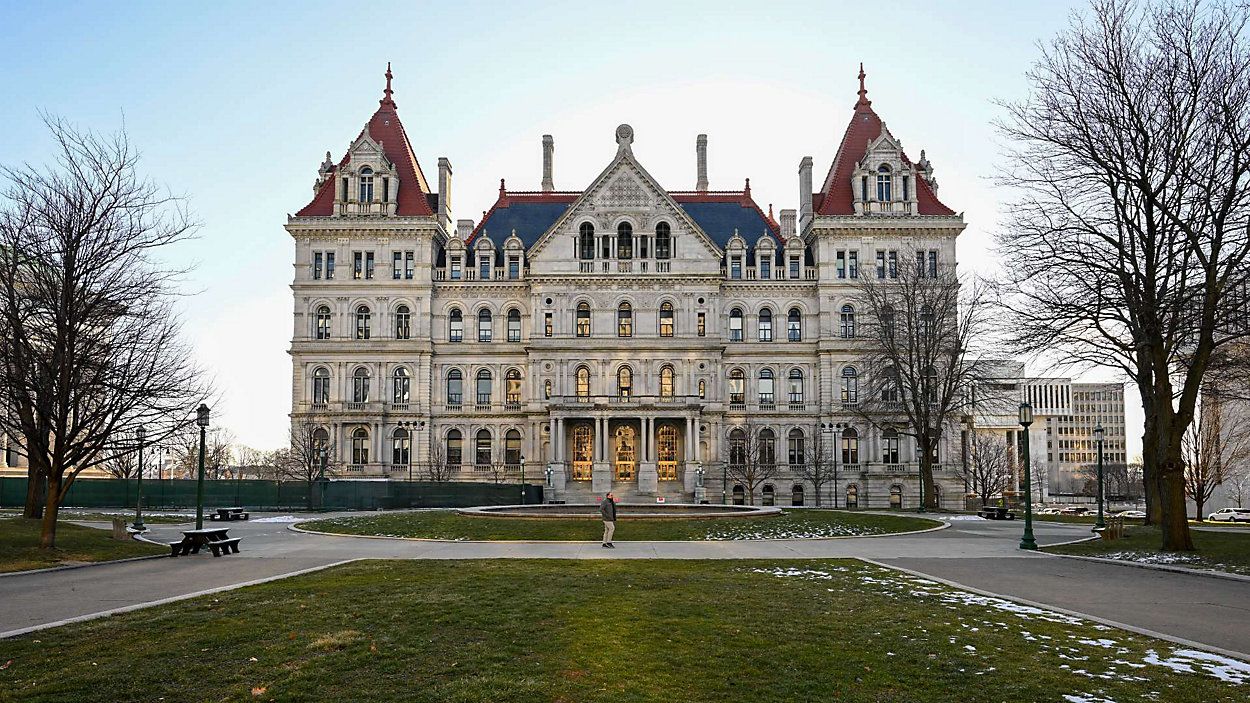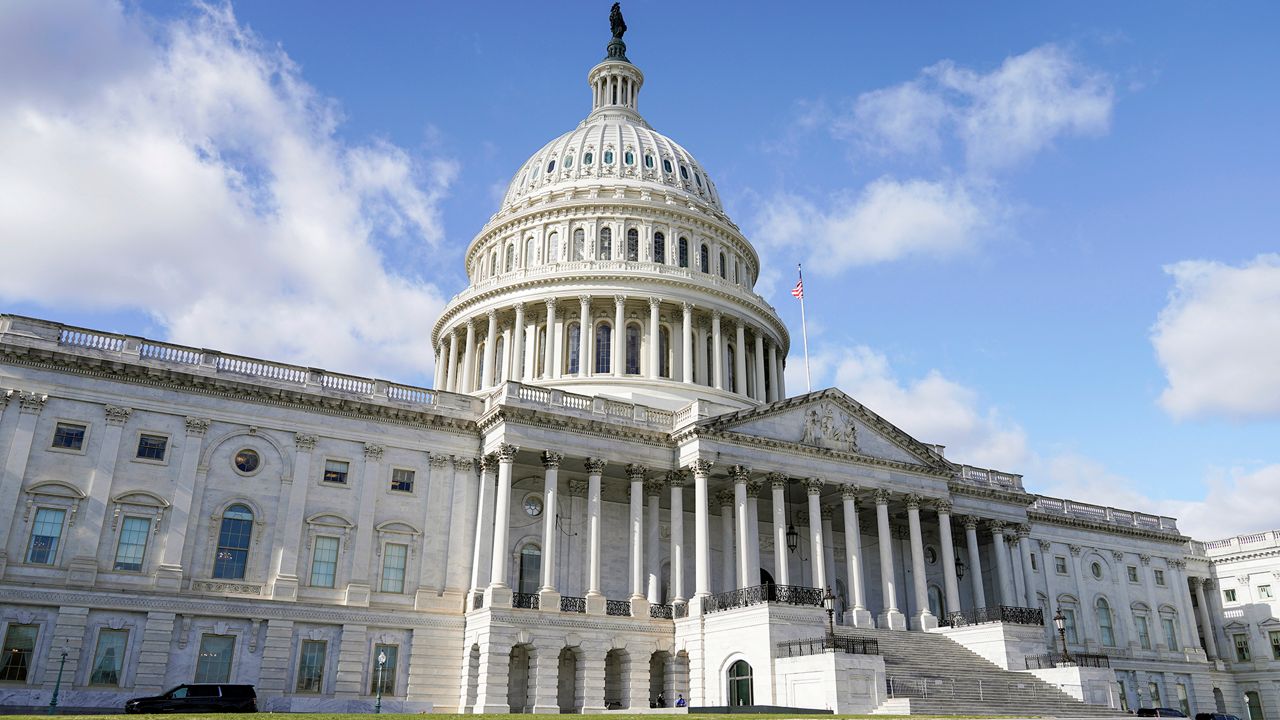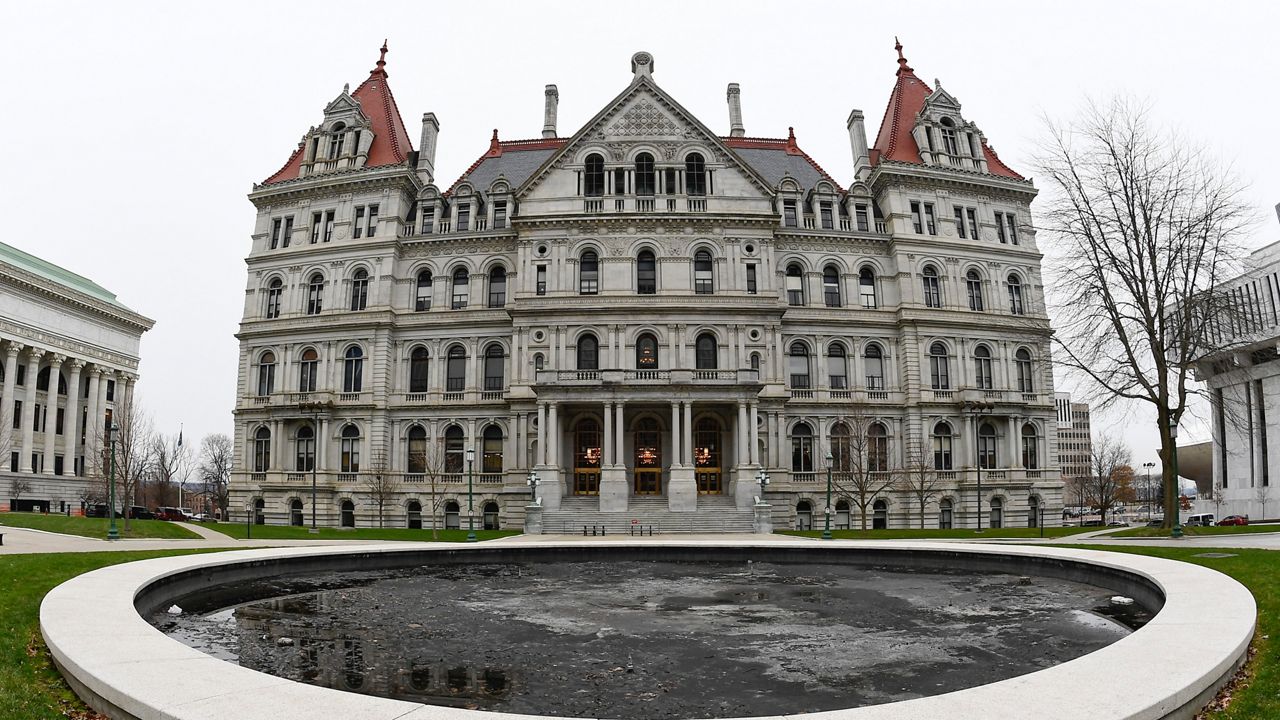The Independent Redistricting Commission (IRC), put into place last year, doesn’t yet have an email address, a phone number, a website, or even an office.
But it does have a deadline.
Under current law, the commission has to provide initial redistricting plans to Congress and the state legislature by January 15, 2022. If that first set of plans is rejected by the legislature or vetoed by the governor, they are to make revisions and submit a second set of plans to Congress and the legislature by February 28, 2022.
Work on creating the new maps has been stalled because the commission has yet to be paid – though not for want of trying.
The bump in the road appears to be the executive branch’s determination that the IRC create a legal, not-for-profit entity to administer its funding, something the IRC refuses to do because the commissioners want to be considered state employees, and have the state’s legal protections behind them.
IRC Commissioner and former State Senator George Winner explains.
“We have to have indemnification as state employees or at least as public officers,” he said. “I don’t want to be out there ten years from now defending these lines. I don’t want to be hiring my own lawyers.”
Following the executive branch’s lead, the New York Department of State reached out to the SUNY Research Foundation, a non-profit public entity. The two parties hammered out a contract that provides the foundation with a 10 percent cut for administrative fees, and another cut for possible litigation, leaving the commission with $750,000.
According to the Office of the State Comptroller, the $1 million contract was approved on February 2, 2021. It provides for the SUNY Research Foundation to manage reimbursement of the Independent Redistricting Commission members’ expenses.
“According to the Department of State’s justification, an independent contractor had to be selected for this service as the commission’s work has to remain independent of the state,” Jennifer Freeman, a spokesperson for the state comptroller, said in an emailed statement.
“All of this has led [the commissioners] to say ‘we want nothing to do to this contract’,” Jeff Wice told Capital Tonight.
Wice, an adjunct professor and senior fellow at the New York Census & Redistricting Institute at New York Law School, also shared that the commissioners are “not clear how the Department of State can take what they thought was a simple appropriation and turn it into a contract with the SUNY Research Foundation.”
“Clearly, the SUNY Research Foundation contract was not with us. It was with the Department of State. Therefore, we had no input,” George Winner said. “The commission would technically report to the SUNY Research Foundation, and that’s really under the control of the Governor, so that whole purported solution in our judgement violated the constitution’s intent that the commission be independent.”
In each of their one-house budget bills, the Senate and the Assembly proposed millions of dollars in additional funding for the commission. What they didn’t do was provide accompanying language detailing how the money would be utilized or disbursed.
The issue has ground the work of the commission to a halt.
“We can’t really do anything. How can you do public outreach when you don’t have any way to store information?" Winner asked rhetorically. “The public is really the ones that are negatively impacted here, and those particular groups out there that would like to have some input in how we operate and how we draw these lines. We can’t do anything because we have no ability to manage data.”
“Let’s hope the legislature completes that so we’re not left in limbo, post April 1,” he said.










